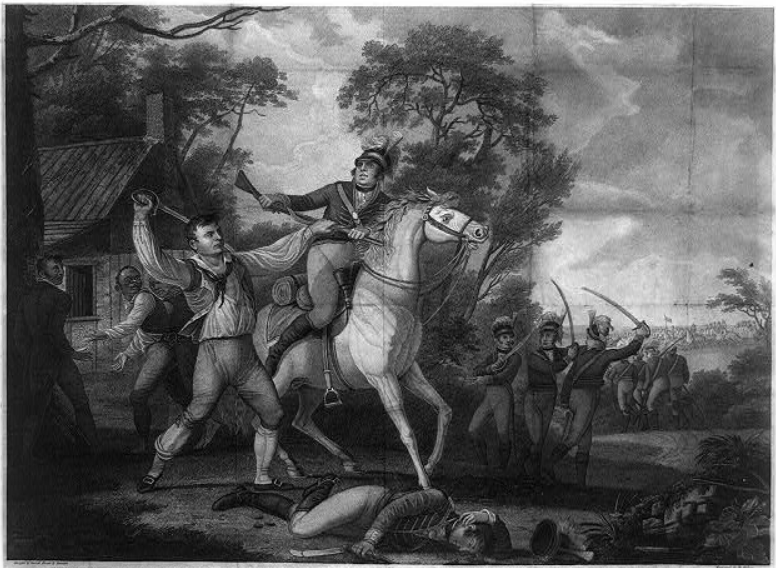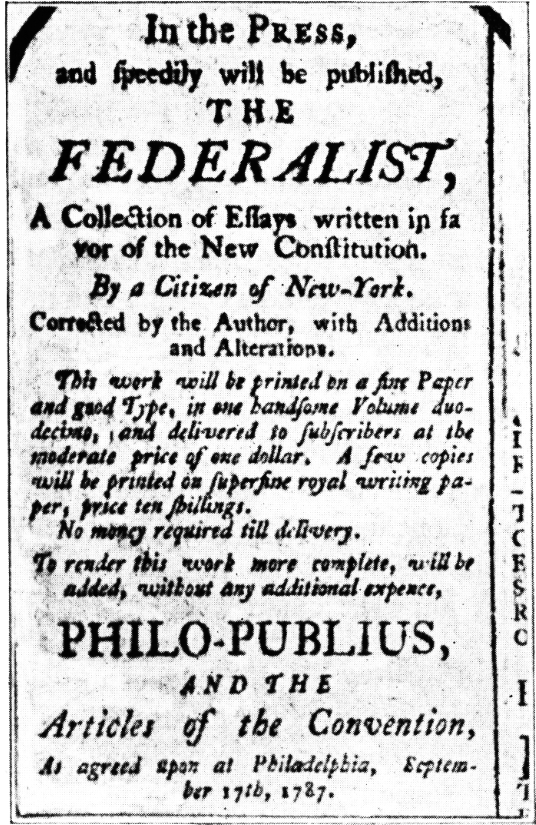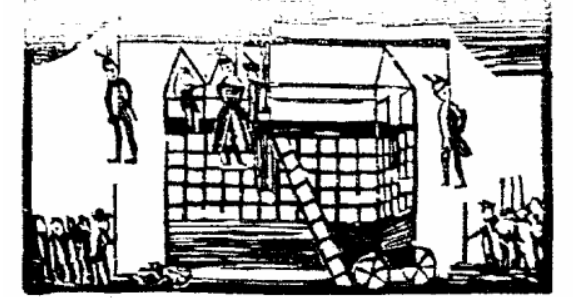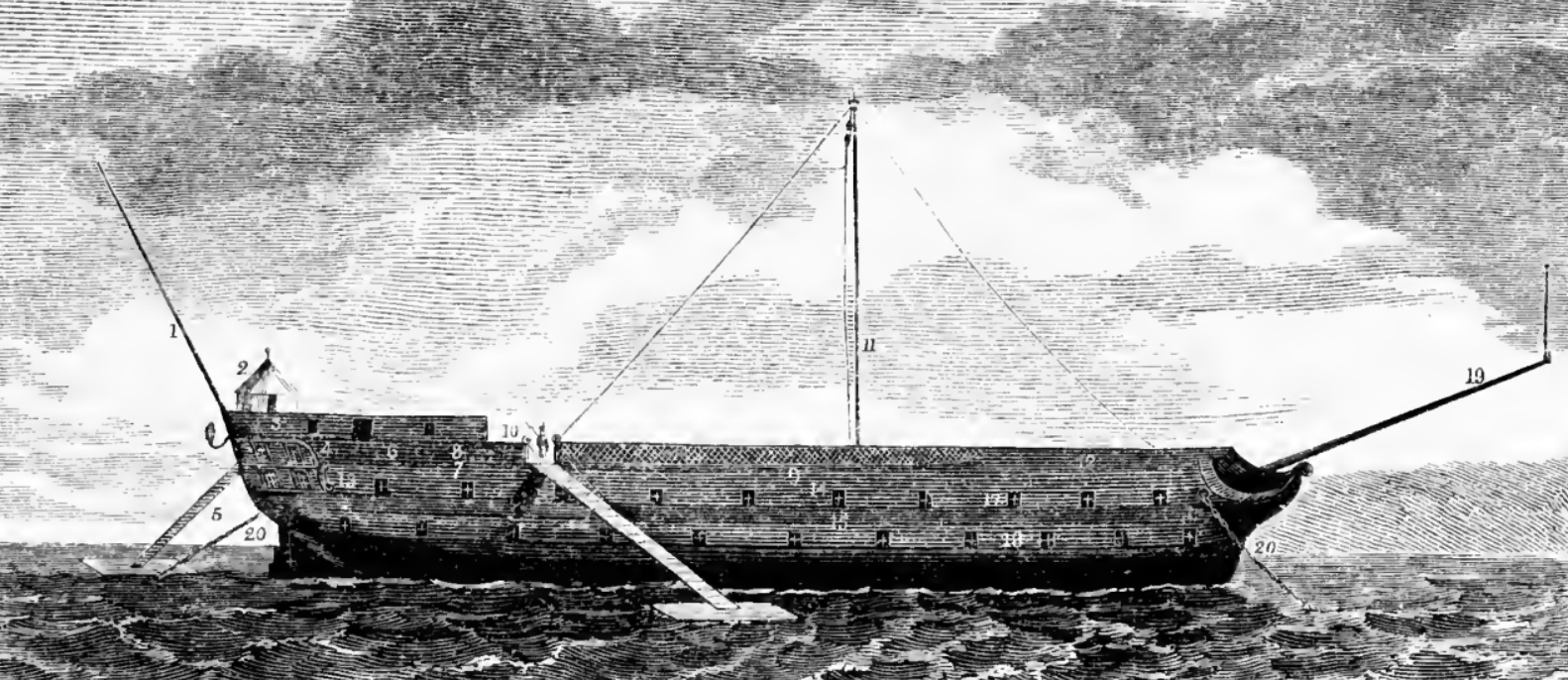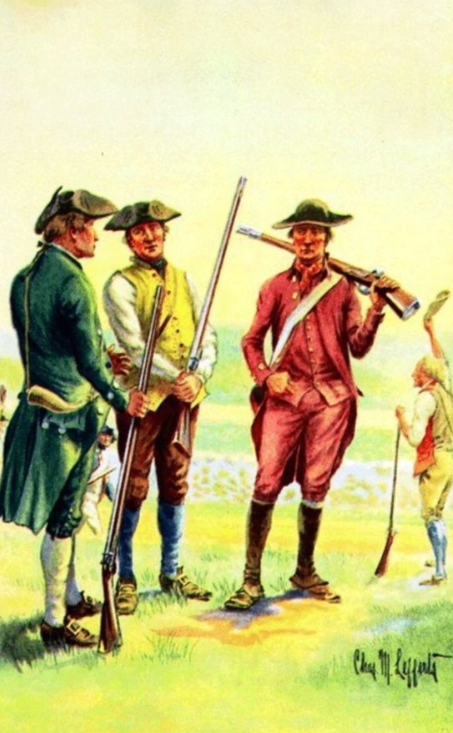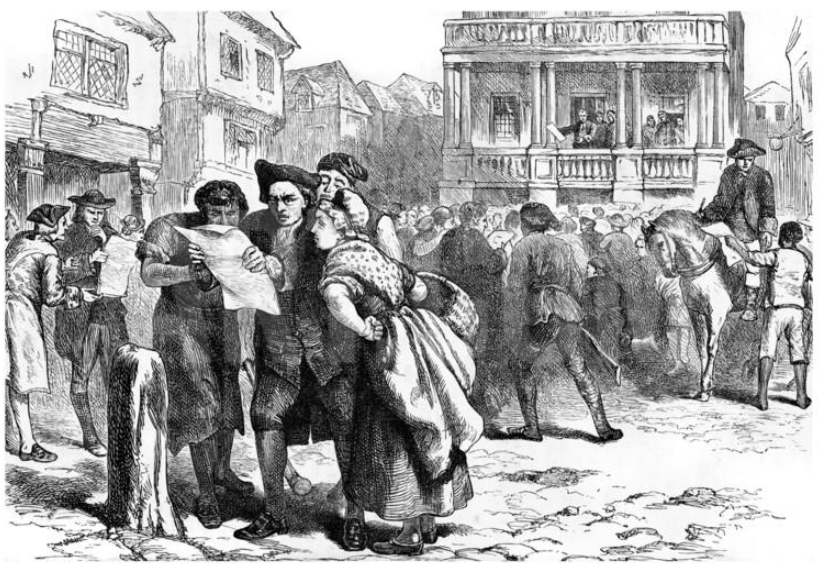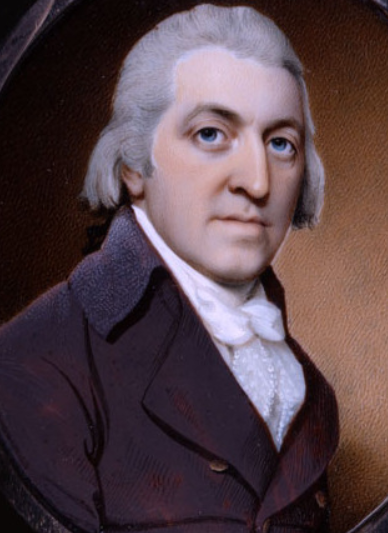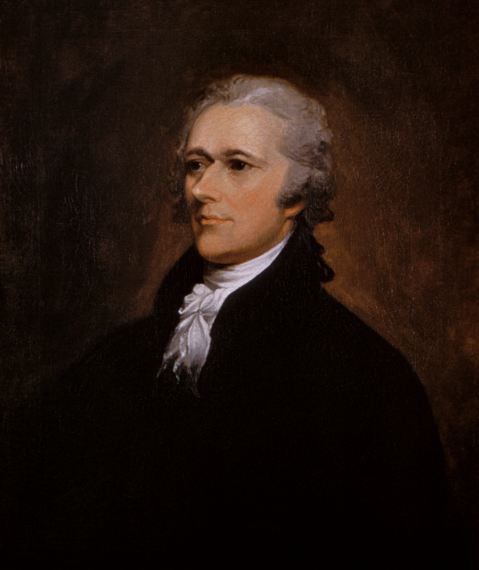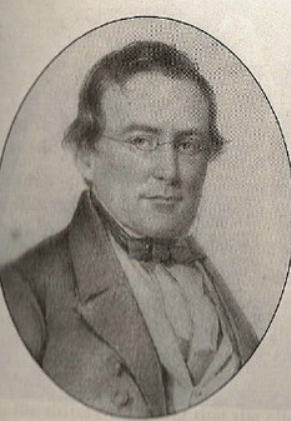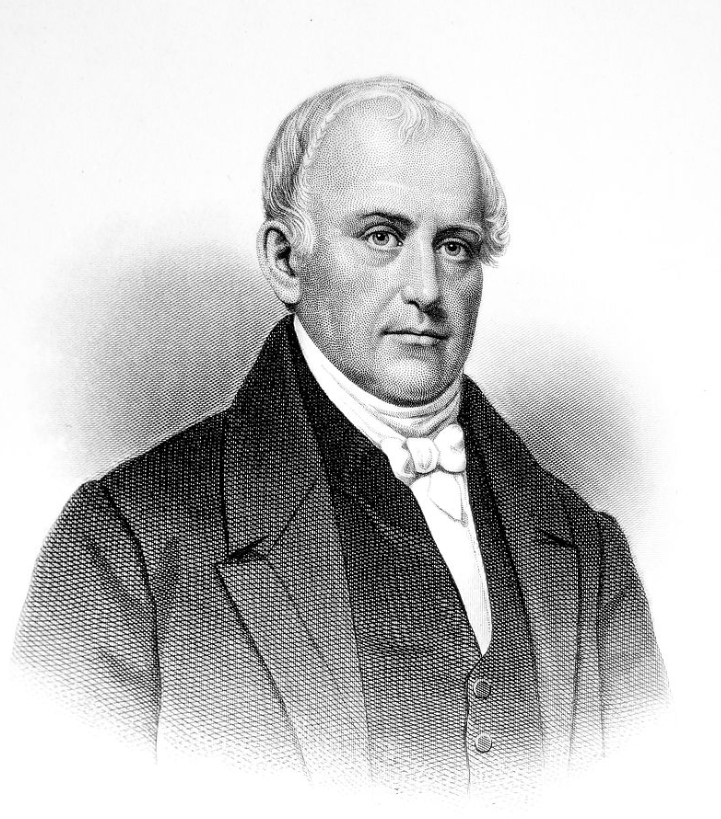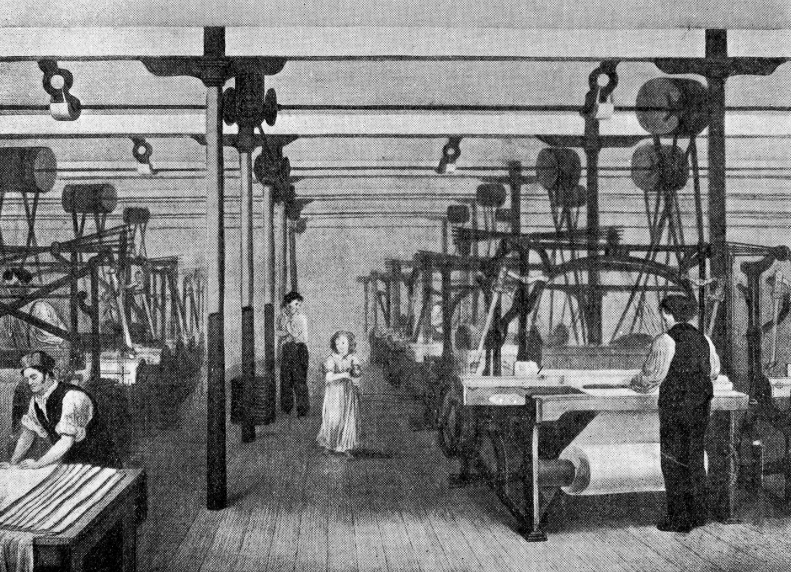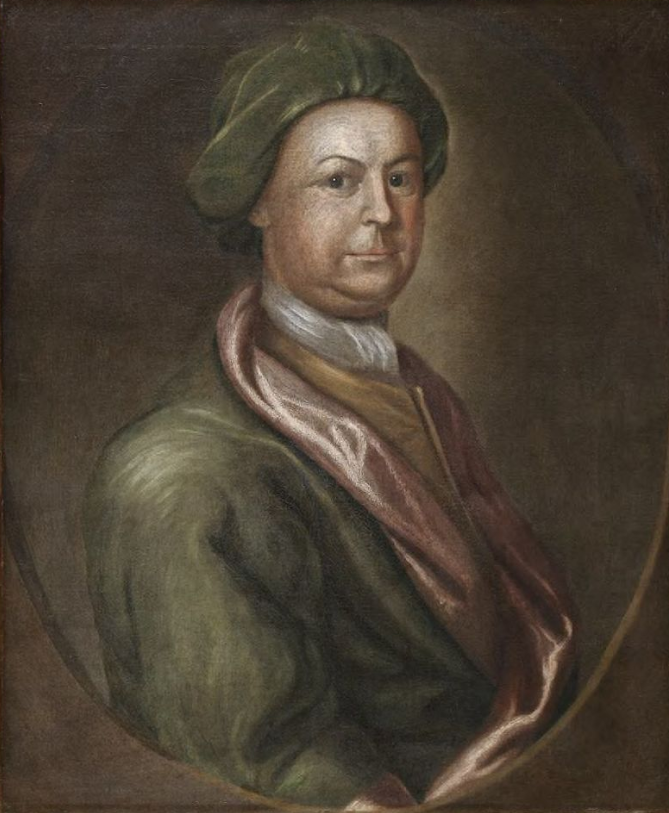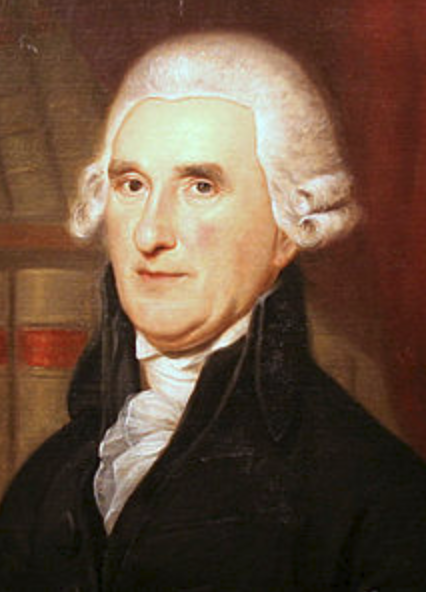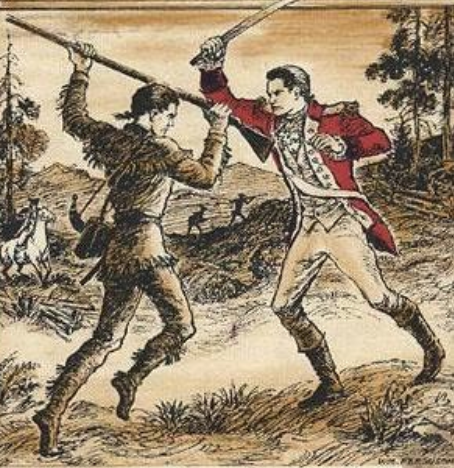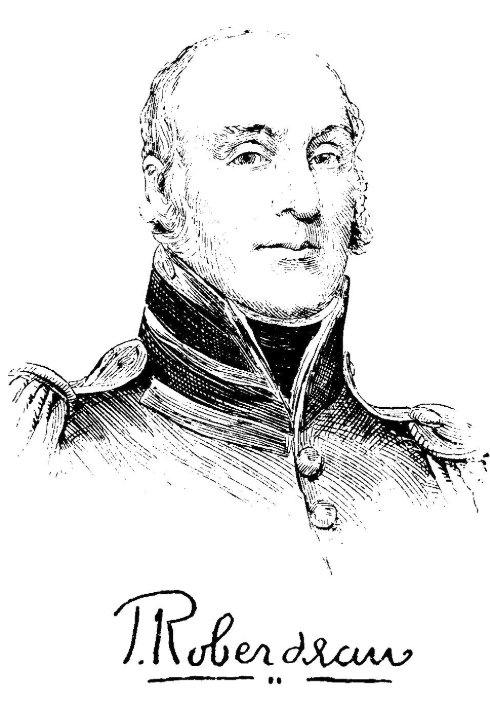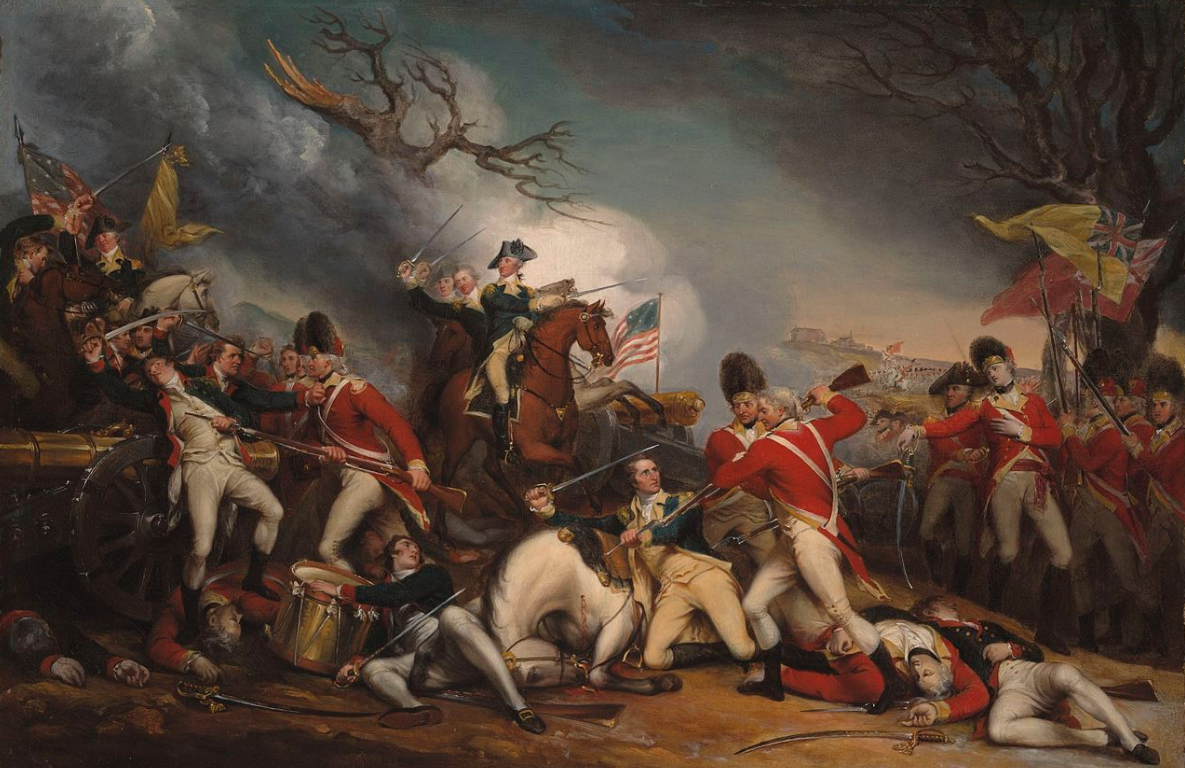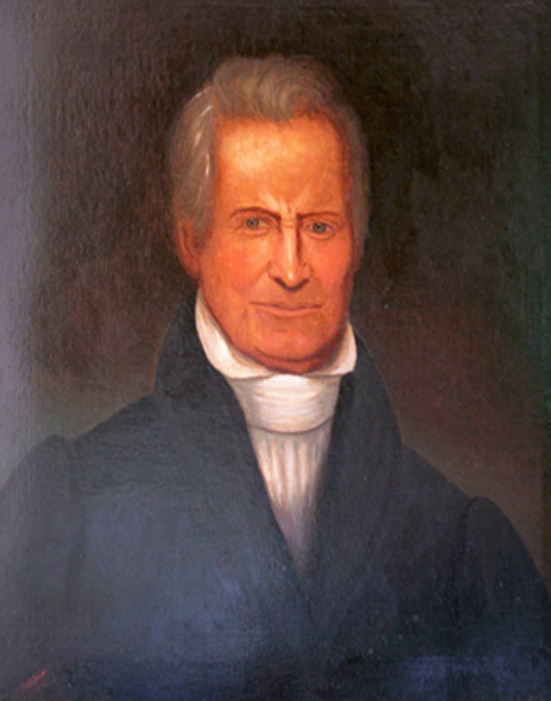Henry Middleton was President of the First Continental Congress for four days in October of 1774.
The Virginia Giant - Peter Francisco's Fight
Peter Francisco was a Continental Soldier who was significantly bigger and stronger than his Revolutionary contemporaries.
Sharing Power - Federalist #34
In Federalist #34 Alexander Hamilton discusses the sharing of power between the State and National Governments. Specifically, he relates these powers to taxation.
Lady Pirate at the Gallows - The Execution of Rachel Wall
Rachel Wall was a pirate and the last women hung in Massachusetts.
Hell in the Harbor - Death on Board the HMS Jersey
The HMS Jersey was a prison ship which saw the deaths of hundreds of American Revolutionaries.
Sharp Dressed Men - John Chester and the Wethersfield Militia Company
The Wethersfield Militia Company was one of the few outfits that showed up to fight in the Revolutionary War with uniforms on.
Riots Over Coffee - From Loyal Nine to Sons of Liberty
A decade before the American Revolution began, the Loyal Nine were cause havoc in the streets of Boston in response to Parliament’s oppressive Stamp Tax.
Apothecary General of the Continental Army Andrew Craigie
Andrew Craigie was the Apothecary General of the Continental Army for the entirety of the Revolutionary War.
King Henry of the United States?
Prince Henry of Prussia was proposed as a candidate for King of the United States when the Articles of Confederation were clearly falling apart.
Necessary and Proper Supremacy - Federalist #33
In Federalist #33, Alexander Hamilton discusses two clauses in the Constitution which Anti-Federalists feared would lead the nation to tyranny.
The Sedition of Benjamin Franklin Bache
Benjamin Franklin Bache is looked back on today as one of the first important proponents of Freedom of Speech in the young republic.
Samuel Slater 'The Traitor' - Father of American Manufactures
Samuel Slater built the first working textile mill in the United States, earning the name Father of American Manufactures.
The Failure of the Spinning Jenny
Gilles de Lavallee’s attempt to bring textile manufacturing to the United States in 1786 was a failure for several reasons.
From Prison to Congress - The Patriotism of James Lovell
James Lovell was taken prisoner in the aftermath of the Battle of Bunker Hill. A year and a half later he was finally release and was immediately chosen to attend the Continental Congress.
Sharing Power - Hamilton's Understanding of Taxation - Federalist #32
In Federalist #32, Alexander Hamilton argues that the Constitution’s taxing powers do not take away from the State’s power to raise funds.
The Declaration's Last Signer - Thomas McKean
Thomas McKean signed several of the major documents of the American Revolution as well as serving as Chief Justice and Governor of Pennsylvania.
Daniel Roberdeau's Lead Mine Fort
Daniel Roberdeau was an early radical in the American Revolution who went on to sign the Articles of Confederation.
Founders Who Fell - 6 Revolutionaries to Remember This Memorial Day
A compilation of American Revolutionaries who were lost in the field.
Bayonet Stabbings, Bullet Wounds and History Books - Joseph Graham's Revolution
Charged with covering the Patriot retreat in Charlotte, Joseph Graham was shot three times, stabbed with a bayonet six times, and left for dead.

